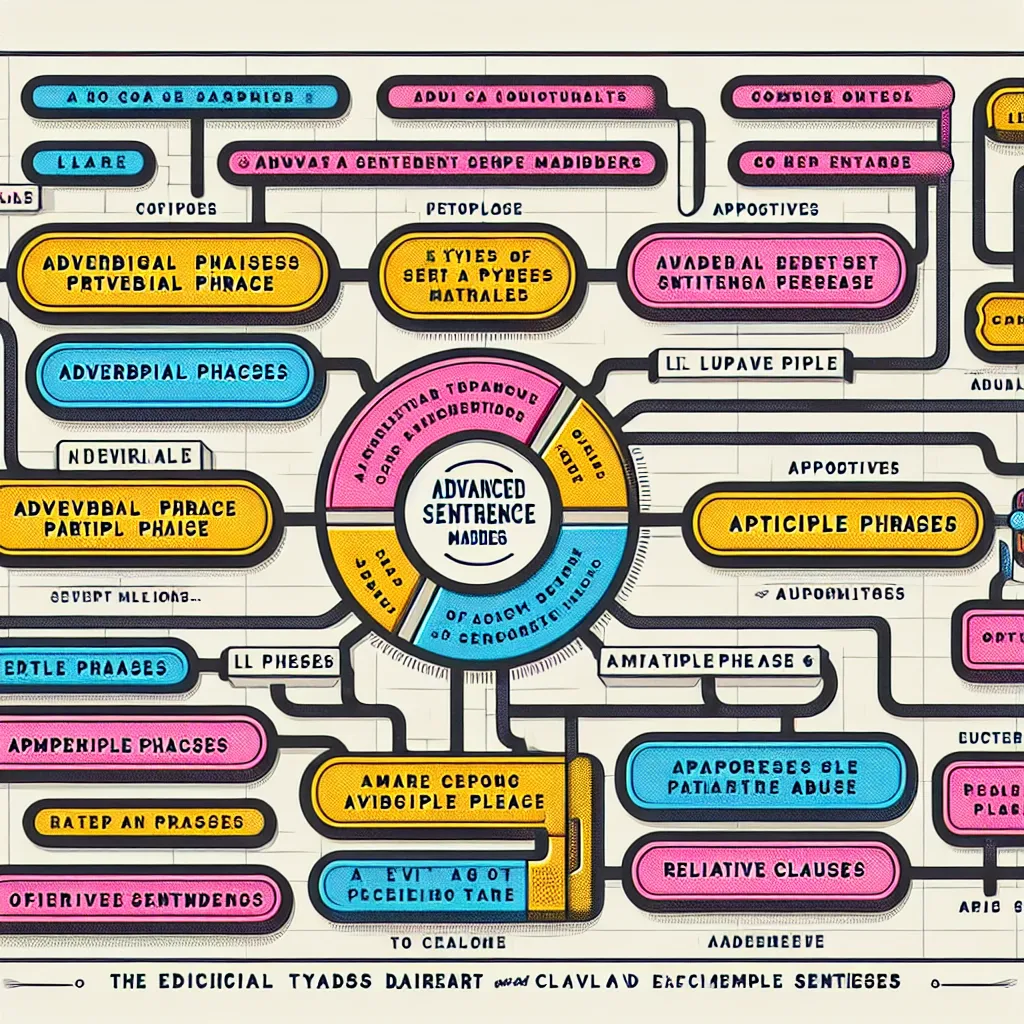Are you looking to take your English language skills to the next level? Understanding and mastering Advanced English Verb Tenses is crucial for effective communication, whether you’re preparing for the IELTS exam or aiming to improve your overall language proficiency. In this comprehensive guide, we’ll explore the intricacies of advanced verb tenses and provide you with practical tips to enhance your grammar skills.
Why Advanced Verb Tenses Matter
Advanced verb tenses allow speakers to express complex ideas and nuanced meanings in English. They help convey precise timing, duration, and the relationship between different events. Mastering these tenses can significantly improve your ability to communicate effectively in both academic and professional settings.
 Advanced English Verb Tenses
Advanced English Verb Tenses
The Importance of Tense Mastery
- Precision in communication
- Enhanced writing skills
- Better performance in English proficiency exams
- Improved comprehension of native speakers
Key Advanced Verb Tenses to Master
1. Future Perfect Continuous
This tense is used to describe an action that will continue up until a point in the future.
Example: “By next year, I will have been studying English for ten years.”
Usage tip: Focus on the duration of the action leading up to a future point.
2. Past Perfect
The past perfect is used to describe an action that was completed before another past action.
Example: “I had finished my homework before my friends arrived.”
Usage tip: Use this tense to establish a clear sequence of events in the past.
3. Future Perfect
This tense describes an action that will be completed before a specific time in the future.
Example: “By the time you arrive, I will have prepared dinner.”
Usage tip: Use this tense when you want to emphasize the completion of a future action.
Strategies for Mastering Advanced Verb Tenses
1. Immerse Yourself in Authentic Materials
Reading and listening to native English content can help you internalize the correct usage of advanced verb tenses. Try:
- Reading English newspapers and magazines
- Watching English movies and TV shows with subtitles
- Listening to English podcasts
2. Practice with Targeted Exercises
Engage in exercises specifically designed to test your understanding of advanced verb tenses. You can find these in:
- Advanced grammar textbooks
- Online grammar quizzes
- IELTS preparation materials
3. Create Your Own Sentences
Actively construct sentences using advanced verb tenses in various contexts. This helps reinforce your understanding and improves your ability to use them naturally.
4. Seek Feedback
Ask native speakers or English teachers to review your usage of advanced verb tenses. Their feedback can help you identify and correct any errors.
Common Mistakes to Avoid
- Mixing up the auxiliary verbs (will, have, been)
- Forgetting to use the correct participle form of the main verb
- Confusing the perfect and continuous aspects
Remember, mastering these tenses takes time and practice. Be patient with yourself and celebrate your progress along the way.
Practical Application: Real-Life Scenarios
Let’s look at how advanced verb tenses are used in everyday situations:
-
Job Interviews:
“By the time I graduate, I will have been working on this project for three years.” -
Academic Writing:
“Researchers had been studying the effects of climate change for decades before significant policy changes were implemented.” -
Travel Plans:
“When we arrive in Paris, our tour guide will have been waiting for us at the airport for an hour.”
 Real-Life Scenarios
Real-Life Scenarios
Advanced Grammar Exercises
To reinforce your understanding, try these exercises:
-
Fill in the blanks with the correct verb tense:
- By 2030, scientists ___ (study) climate change for over a century.
- Before I moved to New York, I ___ (never/visit) a big city.
-
Rewrite the sentences using the indicated tense:
- She works on her thesis. (Future Perfect Continuous)
- They arrived at the party. (Past Perfect)
For more practice on English tenses, check out our article on the best exercises for practicing English tenses.
Integrating Advanced Tenses with Other Grammar Concepts
To truly master advanced English grammar, it’s essential to understand how these complex tenses interact with other grammatical structures. For instance, combining advanced tenses with conditionals can create sophisticated expressions of hypothetical situations. If you’re interested in deepening your understanding of conditionals, our guide on mastering the use of conditionals in English provides valuable insights.
Advanced Tenses in Professional Settings
For those looking to enhance their business English skills, understanding how to use advanced verb tenses in professional contexts is crucial. Our article on advanced grammar for business English offers specific examples and tips for using these tenses in workplace communication.
Conclusion
Mastering advanced English verb tenses is a journey that requires dedication and consistent practice. By understanding the nuances of each tense and actively applying them in your speaking and writing, you’ll significantly enhance your English language skills. Remember to utilize authentic materials, engage in targeted practice, and seek feedback to continually improve.
For a comprehensive overview of all English tenses and how they interconnect, don’t miss our in-depth guide on how to master the use of different tenses in English. Keep practicing, stay curious, and watch as your command of English grammar reaches new heights!




